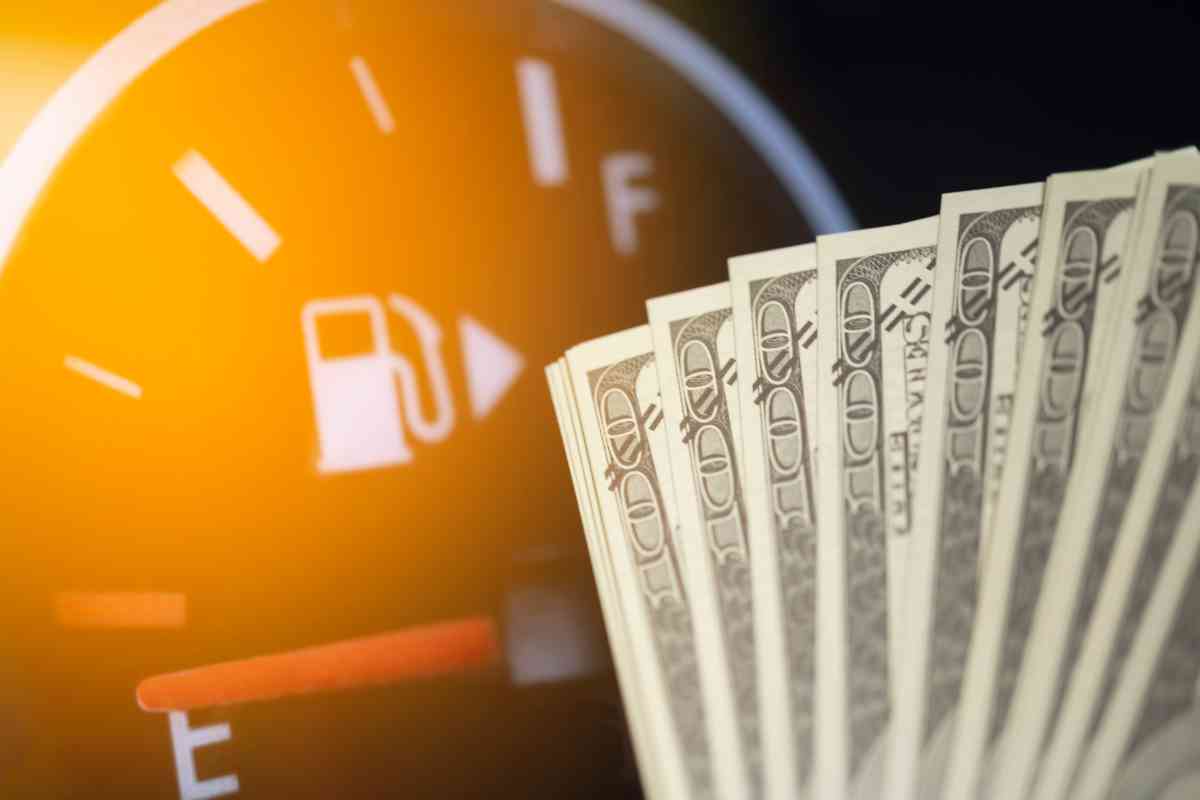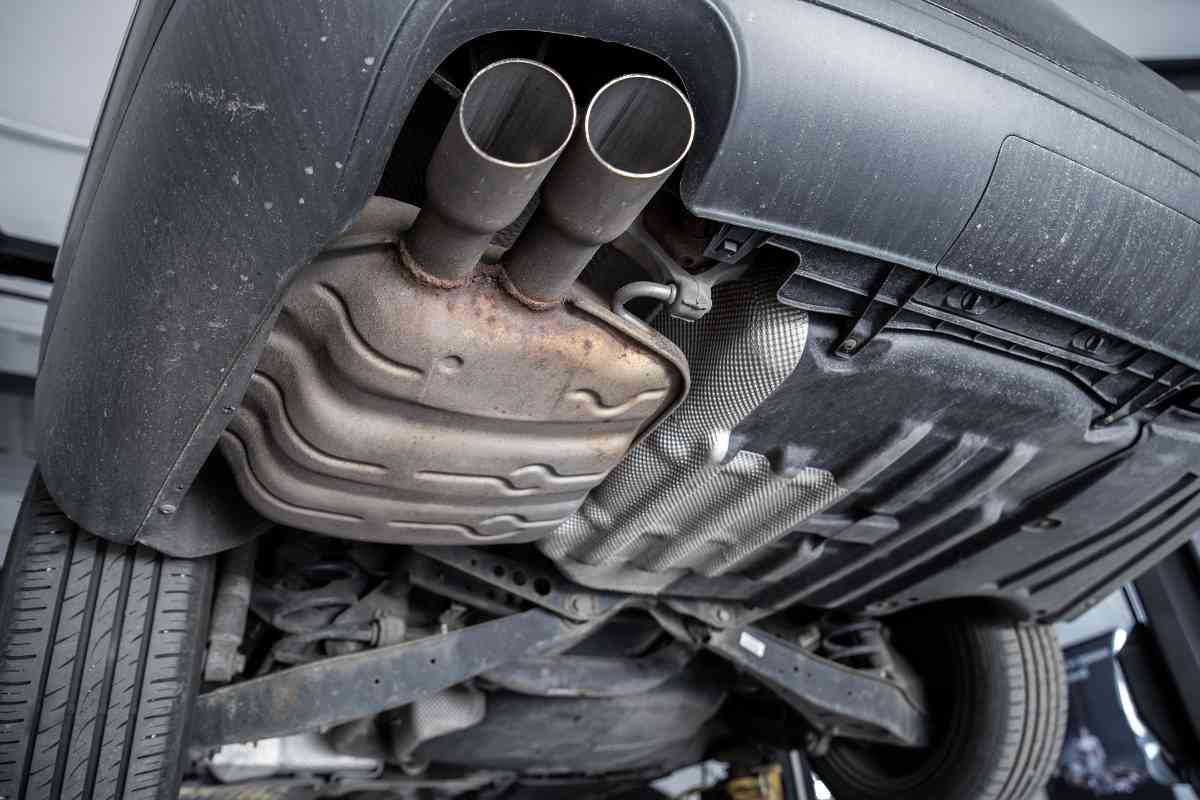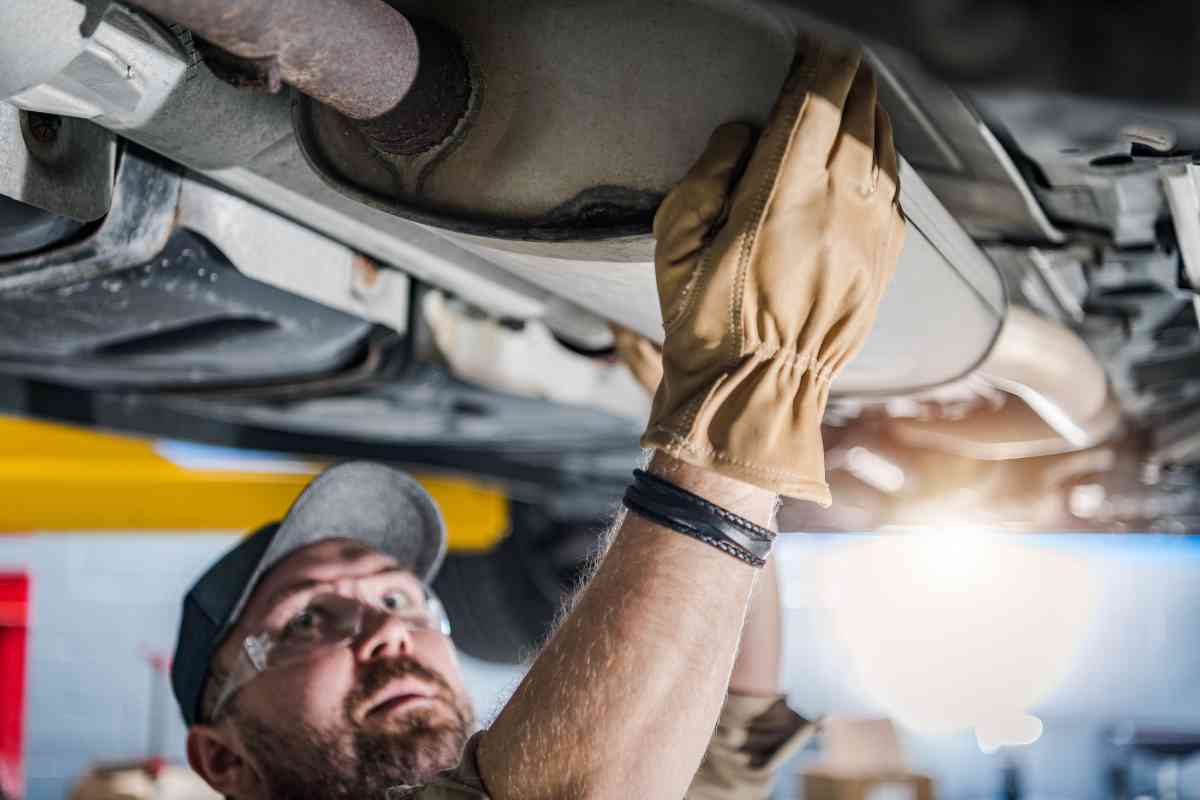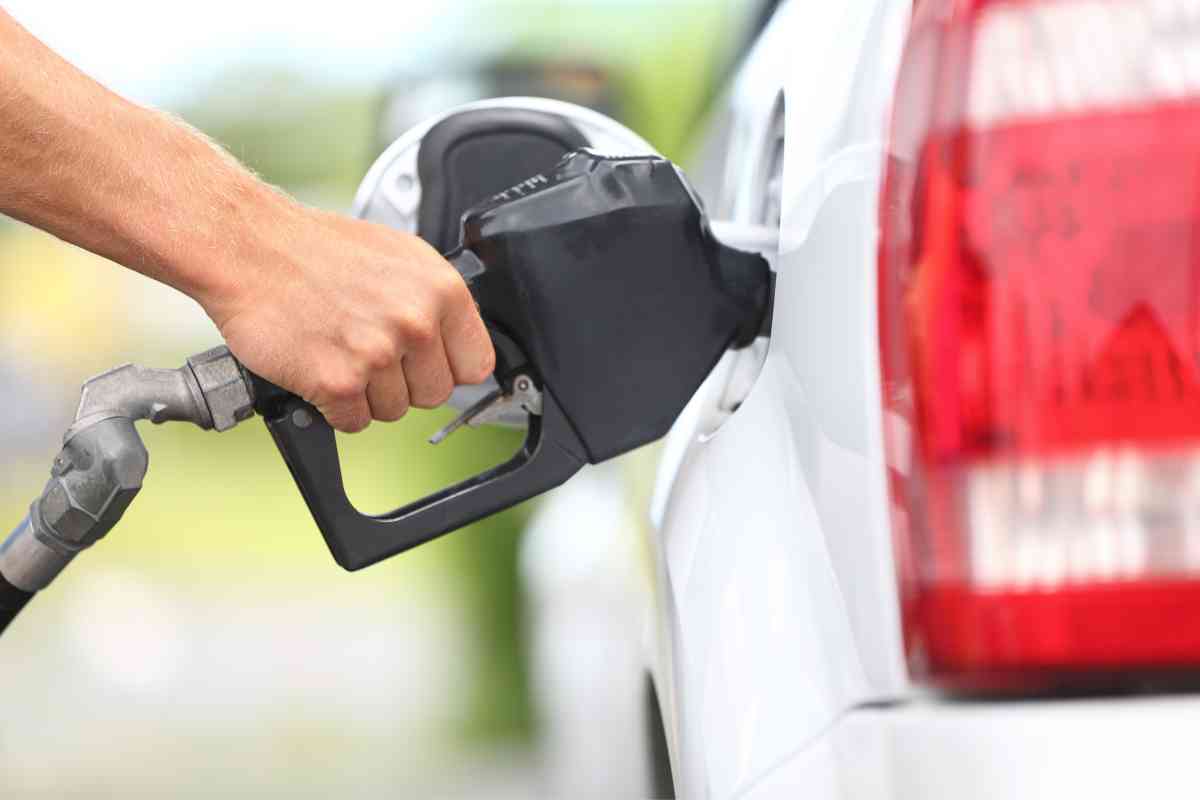How And Why A Catalytic Converter Affects Your Gas Mileage
When talking about fuel economy, most people think about tire pressure, aerodynamics, or engine tuning. But one often-overlooked factor is the catalytic converter—that strange-looking metal canister sitting in your exhaust system.
Whether you’re a seasoned car enthusiast or someone just learning the basics, understanding how a catalytic converter affects gas mileage can help you spot performance issues before they become expensive problems. Let’s break it down.

What Does a Catalytic Converter Do?
Before we dive into fuel economy, let’s talk about what a catalytic converter actually does.
The catalytic converter (or “cat” for short) is an emissions control device that sits in the exhaust system. Its job is to reduce harmful pollutants before they exit your tailpipe. It does this through a chemical reaction that converts toxic gases like carbon monoxide (CO), nitrogen oxides (NOx), and unburned hydrocarbons (HC) into less harmful emissions—mostly carbon dioxide (CO₂) and water vapor.
The magic happens inside the cat’s honeycomb structure, which is coated with precious metals like platinum, palladium, and rhodium. These metals act as catalysts, meaning they speed up chemical reactions without being consumed in the process.
Sounds great, right? It is. But like any component that affects the way your engine breathes, the catalytic converter can have an impact—sometimes positive, sometimes negative—on your gas mileage.

How a Catalytic Converter Affects Fuel Economy
1. A Healthy Catalytic Converter Improves Efficiency
A properly functioning catalytic converter ensures that your engine burns fuel efficiently. Modern OBD-II (On-Board Diagnostics) systems rely on oxygen sensors before and after the cat to fine-tune the air-fuel mixture.
- If the mixture is too rich (too much fuel, not enough air), the cat works overtime to burn off excess hydrocarbons.
- If the mixture is too lean (too much air, not enough fuel), combustion temperatures rise, which can lead to engine knock and reduced efficiency.
By keeping emissions clean, the catalytic converter indirectly helps maintain the right balance for optimal fuel combustion—which translates to better mileage.
2. A Clogged or Failing Catalytic Converter Hurts MPG
A catalytic converter can last 100,000 miles or more, but over time, it can get clogged. When that happens, it creates a restriction in the exhaust system, making it harder for your engine to push out spent gases. This leads to:
- Reduced power: The engine has to work harder, using more fuel to compensate.
- Poor acceleration: You might notice sluggish throttle response.
- Lower fuel economy: Because the engine isn’t breathing freely, it burns more gas than necessary.
A clogged cat is essentially like trying to breathe through a straw—your engine isn’t getting the airflow it needs, and efficiency takes a hit.
🚨 Warning Signs of a Clogged Catalytic Converter:
- Sluggish acceleration or loss of power
- Drop in gas mileage
- Rotten egg smell (from excess sulfur in the exhaust)
- Check Engine Light (often triggered by O₂ sensor readings)
If your catalytic converter is partially clogged, it might not be obvious at first, but over time, your fuel economy will slowly decline.

3. Performance Mods and Aftermarket Catalytic Converters
If you’re a gearhead looking to improve fuel efficiency or performance, you’ve probably heard about high-flow catalytic converters. These aftermarket versions allow for better exhaust flow while still reducing emissions.
Compared to stock cats, a high-flow catalytic converter can:
✅ Reduce exhaust backpressure, helping the engine breathe better
✅ Increase horsepower (especially in turbocharged or performance builds)
✅ Improve fuel economy, assuming the ECU is tuned accordingly
That said, not all aftermarket cats are created equal. Some cheap or poorly designed versions may trigger a Check Engine Light or fail emissions tests. And let’s be clear—removing a catalytic converter completely (“cat delete”) is illegal in most areas and won’t necessarily improve MPG. In fact, without proper tuning, it can actually cause your engine to run inefficiently.

Does Removing a Catalytic Converter Improve Gas Mileage?
This is a common question, and the answer is not as simple as people think.
Yes, removing a catalytic converter reduces exhaust restriction, which in theory could improve fuel economy. But modern engines rely on oxygen sensors and emissions control systems that are tuned for a catalytic converter’s presence. If you remove it:
- The engine’s air-fuel mixture could be thrown off, leading to worse mileage.
- The Check Engine Light will likely turn on, forcing the car into limp mode, which kills fuel efficiency.
- You may release more unburned fuel in the exhaust, which wastes gas instead of burning it completely.
In other words, removing the catalytic converter is not a smart move for fuel economy unless you’re tuning a dedicated off-road or track car.
How to Maintain Your Catalytic Converter for Better MPG
Want to keep your catalytic converter (and fuel economy) in top shape? Here are some tips:
🔧 Use high-quality fuel – Low-quality gas can leave carbon deposits that clog the cat over time.
🔧 Keep up with oil changes – Burning oil can coat the converter, reducing efficiency.
🔧 Fix misfires ASAP – Misfiring cylinders dump unburned fuel into the exhaust, which can overheat and damage the catalytic converter.
🔧 Drive it hard once in a while – Short trips and stop-and-go traffic can cause buildup. Occasionally driving at highway speeds helps burn off deposits.
🔧 Watch for Check Engine Lights – If your O₂ sensors or catalytic converter throw a code, don’t ignore it. Addressing the issue early can prevent fuel economy loss and costly repairs.
Final Thoughts
While the catalytic converter isn’t the first thing most people think of when it comes to gas mileage, it plays a bigger role than you might expect. A properly functioning cat keeps your engine running efficiently, while a clogged or failing one can reduce power and waste fuel.
For daily drivers, keeping your cat healthy is key to maintaining good MPG. And for performance enthusiasts, upgrading to a high-flow cat (rather than removing it entirely) is usually the best way to balance power gains with emissions compliance.
So next time you’re wondering why your gas mileage has dropped, don’t just check your tire pressure—consider what’s happening in your exhaust system, too. 🚗💨

i bought a used card nissan micra: petrol from someone
but car milage is just 6-7 km/pl
car’s catalytic convertor is removed by old owner of car
car company is asking me to get a new CC to get perfect milage
but local car mechanic asking me that car cant get much higher milage after this change.
what to do ?
pls
doe’s really CC can effect that much ca milage ?
I had to have my catalytic converter completely removed and now I can’t drive over 40 miles per hour. If I get a new one does it have to be plugged into anything?